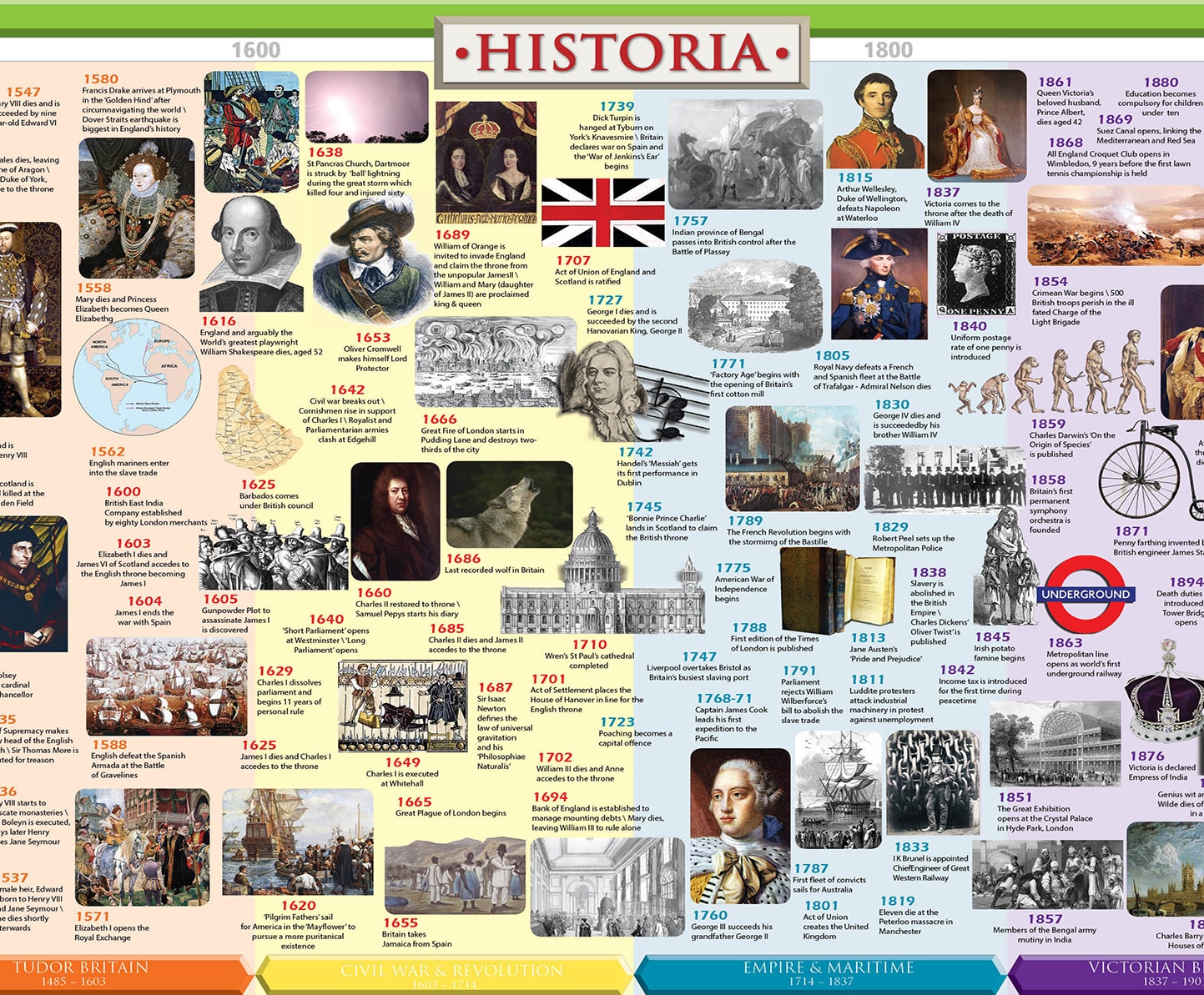Over the past two decades, the world has witnessed a series of historical events that have reshaped societies, economies, and global relations. These events have left lasting impacts on humanity, influencing everything from politics to technology and culture. Understanding these moments is crucial for comprehending the modern world and its complexities.
From political revolutions to technological breakthroughs, the last 20 years have been marked by significant milestones. These events have not only transformed nations but also redefined how we interact with one another and the planet. This article aims to provide a detailed overview of the most impactful historical events in the last 20 years.
By exploring these events, readers will gain a deeper understanding of the forces shaping the world today. Whether it's advancements in technology, shifts in global politics, or environmental challenges, these moments highlight the dynamic nature of our era. Let’s dive into the details and uncover the stories behind these pivotal moments.
Read also:Where Does Errol Musk Live
Table of Contents
- Introduction to Historical Events
- Political Transformations
- Technological Advancements
- Environmental Challenges
- Global Health Pandemics
- Social Movements
- Economic Shifts
- Conflicts and Wars
- Space Exploration
- Cultural Impact
- Conclusion and Reflection
Introduction to Historical Events
The last 20 years have been a period of rapid change and transformation. The events during this time have been shaped by globalization, technological innovation, and shifting political landscapes. These historical events in the last 20 years have had profound effects on societies worldwide.
For instance, the rise of social media platforms has revolutionized communication and information dissemination. Similarly, geopolitical tensions have led to conflicts and alliances that have altered the global order. Understanding these events requires a multifaceted approach, considering both their immediate and long-term impacts.
In this section, we will explore the foundational aspects of historical events, focusing on their significance and relevance to contemporary issues. This provides a framework for analyzing the broader implications of these moments.
Political Transformations
Major Political Events
Political events have dominated the global stage in the last two decades. Among the most notable are the Arab Spring, Brexit, and the rise of populist movements in various countries. These events have reshaped political landscapes and challenged traditional power structures.
For example, the Arab Spring, which began in 2010, sparked a wave of protests across the Middle East and North Africa. This movement led to significant political changes, including regime changes in countries like Egypt and Tunisia. However, it also resulted in prolonged conflicts in others, such as Syria.
- Arab Spring (2010-2012): Sparked widespread protests and regime changes.
- Brexit (2016): The United Kingdom’s decision to leave the European Union.
- Rise of Populism: Seen in countries like the United States, Brazil, and Hungary.
Impact on Global Politics
These political transformations have had far-reaching consequences. They have influenced international relations, trade agreements, and security policies. For instance, Brexit has led to complex negotiations with the EU, affecting economic ties and migration policies.
Read also:George Strait Journey Of Your Life
Similarly, the rise of populism has challenged democratic norms and institutions in many countries. It has also fueled debates about national identity and globalization, further polarizing societies.
Technological Advancements
Revolutionizing Industries
Technological advancements have been a defining feature of the last 20 years. Innovations in artificial intelligence, renewable energy, and biotechnology have transformed industries and improved quality of life. These advancements have also created new opportunities for economic growth and development.
For example, the development of smartphones and mobile applications has revolutionized communication and commerce. Similarly, advancements in renewable energy technologies have helped combat climate change and reduce reliance on fossil fuels.
- Smartphones and Mobile Applications: Changed how people communicate and access information.
- Renewable Energy: Solar and wind power have become increasingly viable alternatives to fossil fuels.
- Artificial Intelligence: AI is being used in healthcare, finance, and transportation to improve efficiency and accuracy.
Challenges and Ethical Considerations
While technological advancements offer numerous benefits, they also present challenges. Issues such as data privacy, cybersecurity, and the ethical use of AI have become increasingly important. These challenges require careful consideration and regulation to ensure that technology serves humanity responsibly.
Moreover, the digital divide remains a significant issue, with many parts of the world lacking access to advanced technologies. Bridging this gap is essential for promoting global equality and development.
Environmental Challenges
Climate Change and Its Impacts
Climate change has emerged as one of the most pressing issues of the last 20 years. Rising temperatures, extreme weather events, and biodiversity loss have highlighted the urgent need for action. Global efforts such as the Paris Agreement aim to address these challenges through coordinated policies and initiatives.
For example, the frequency and intensity of hurricanes, wildfires, and heatwaves have increased significantly. These events have caused widespread destruction and displacement, underscoring the importance of climate adaptation and mitigation strategies.
Sustainable Solutions
To combat environmental challenges, sustainable solutions are being developed and implemented worldwide. These include investments in renewable energy, reforestation projects, and sustainable agriculture practices. Governments, businesses, and individuals are increasingly recognizing the need to adopt environmentally friendly practices.
Furthermore, public awareness and activism have played a crucial role in driving change. Movements such as Fridays for Future have inspired millions to demand action on climate change, influencing policy decisions at local and global levels.
Global Health Pandemics
The Impact of Pandemics
Global health pandemics have had a profound impact on societies in the last 20 years. The most notable include the H1N1 influenza pandemic in 2009 and the ongoing COVID-19 pandemic. These events have highlighted the vulnerabilities of global health systems and the need for preparedness.
For instance, the COVID-19 pandemic has caused widespread disruption, affecting healthcare systems, economies, and daily life. It has also accelerated the development of vaccines and treatments, demonstrating the potential of scientific collaboration.
Lessons Learned
The experiences of these pandemics have provided valuable lessons for future preparedness. They emphasize the importance of robust healthcare infrastructure, international cooperation, and public health education. By learning from these experiences, societies can better respond to future health crises.
Additionally, advancements in telemedicine and remote work have been accelerated by these events, offering new possibilities for healthcare delivery and workplace flexibility.
Social Movements
Empowering Voices
Social movements have played a critical role in shaping the last two decades. Movements such as Black Lives Matter, Me Too, and LGBTQ+ rights have empowered marginalized communities and promoted equality. These movements have used digital platforms to amplify their voices and reach global audiences.
For example, the Black Lives Matter movement has brought attention to systemic racism and police brutality, sparking global protests and policy changes. Similarly, the Me Too movement has addressed sexual harassment and assault, leading to accountability and reform in various industries.
Sustaining Momentum
To sustain the momentum of these movements, continued advocacy and education are essential. Engaging with diverse communities and addressing intersectional issues can help create more inclusive and equitable societies. By fostering dialogue and collaboration, social movements can achieve lasting change.
Moreover, supporting grassroots organizations and policies that promote social justice is crucial for advancing these causes.
Economic Shifts
Redefining Economies
Economic shifts have been a defining feature of the last 20 years. The rise of digital economies, globalization, and changing labor markets have transformed how businesses operate and people work. These shifts have created new opportunities while also posing challenges.
For instance, the gig economy has grown significantly, offering flexible work arrangements but also raising concerns about job security and benefits. Similarly, the rise of e-commerce has disrupted traditional retail models, forcing businesses to adapt to changing consumer preferences.
Addressing Inequality
Economic inequality remains a significant issue, with disparities in wealth and income affecting millions worldwide. Efforts to address these inequalities include progressive taxation, social welfare programs, and education initiatives. By promoting inclusive economic growth, societies can reduce poverty and improve living standards for all.
Furthermore, investing in skills development and technology access can help bridge the gap between different socioeconomic groups.
Conflicts and Wars
Global Conflicts
Conflicts and wars have persisted in various parts of the world over the last two decades. The wars in Iraq and Afghanistan, the Syrian civil war, and the Russian invasion of Ukraine are among the most significant. These conflicts have caused immense suffering and displacement, affecting millions of lives.
For example, the Syrian civil war has led to one of the largest refugee crises in modern history, with millions seeking safety in neighboring countries and beyond. The humanitarian impact of these conflicts underscores the need for peacebuilding and conflict resolution efforts.
Peacebuilding Efforts
To address these conflicts, international organizations and governments have engaged in peacebuilding efforts. These include diplomatic negotiations, peacekeeping missions, and humanitarian aid. Supporting these initiatives requires commitment and collaboration from all stakeholders.
Moreover, addressing the root causes of conflicts, such as poverty and political instability, is essential for achieving lasting peace.
Space Exploration
Expanding Frontiers
Space exploration has reached new heights in the last 20 years, with significant milestones achieved by both government agencies and private companies. The successful landing of rovers on Mars, the development of reusable rockets, and plans for human missions to the Moon and Mars have captured global attention.
For example, SpaceX’s Falcon 9 rocket has revolutionized space travel by enabling cost-effective launches. Similarly, NASA’s Artemis program aims to return humans to the Moon and establish a sustainable presence there.
Future Prospects
The future of space exploration holds exciting possibilities, including the potential for colonizing other planets and harnessing space resources. These endeavors require collaboration between nations and private entities, as well as advancements in technology and policy.
By investing in space exploration, humanity can gain valuable insights into the universe and address pressing challenges on Earth, such as resource scarcity and climate change.
Cultural Impact
Shaping Identities
Culture has played a significant role in shaping identities and fostering connections in the last 20 years. The rise of global media platforms and social networks has facilitated the exchange of cultural ideas and practices, creating a more interconnected world.
For example, streaming services like Netflix and Spotify have made it easier for people to access diverse cultural content from around the globe. This has promoted cross-cultural understanding and appreciation, enriching societies worldwide.
Challenges and Opportunities
While cultural exchange offers numerous benefits, it also presents challenges, such as cultural homogenization and appropriation. Striking a balance between preserving cultural heritage and embracing global influences is essential for maintaining cultural diversity.
By promoting cultural education and dialogue, societies can celebrate their unique identities while fostering mutual respect and understanding.
Conclusion and Reflection
The last 20 years have been marked by significant historical events that have shaped the world we live in today. From political transformations and technological advancements to environmental challenges and social movements, these moments have had profound impacts on societies worldwide.
Understanding these events requires a comprehensive approach, considering their causes, consequences, and implications for the future. By learning from these experiences, we can better prepare for the challenges and opportunities ahead.
We invite you to share your thoughts and reflections in the comments section below. Your input can help enrich the conversation and inspire further exploration of these topics. Additionally, feel free to explore other articles on our site for more insights into global issues and trends.
References:
- United Nations. (2023). Climate Action. Retrieved from https://www.un.org/en/cl


